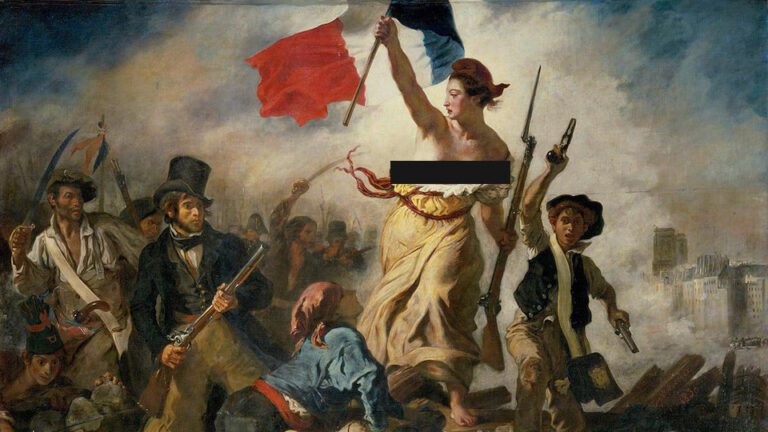France’s tussle to regulate online pornography could result in local aficionados of X-rated material shut out of their favorite websites by May.
Major porn websites PornHub, xHamster, XVideos, XNXX and Tukif could soon be blocked by internet providers nationwide after failing to introduce age verification systems that prevent minors from accessing their explicit content.
On March 8 the French audiovisual and digital communication regulator Arcom took the case to the Judicial Court of Paris on the basis that the five websites had failed to comply with legal obligations despite receiving an injunction in December. Arcom has also contacted YouPorn and RedTube, which could face similar action.
“The formal notices issued by the regulator have not been acted upon to date,” said Arcom in a published statement. “If the courts, in the long term, so decide, the websites of the publishers will no longer be accessible from French territory.”
Bailiff’s reports commissioned by Arcom found that the sites have not modified their access conditions. The sites’ current approach of simply asking users to tick a check-box stating they are over 18 is seen as not satisfactory and that by failing to introduce better controls they are breaking the law.
The blocking of websites still depends on the decision of the court, whose hearing is scheduled for May 24. But if the judge rules in favor of Arcom, internet users who try to access the sites will instead be automatically redirected to a webpage explaining why access is restricted. Arcom may also request that search engines such as Google, Bing, and Qwant delist them.
However, the debacle may not have a swift or indeed happy ending. Claire Poirson, a lawyer at Cabinet Bersay specializing in new technologies and personal data, told The Daily Beast that the underlying law might be judged unconstitutional.
“You don’t have the right to demand the identity of users,” she said. “This could be considered a question of liberty and private life. If so, the judge could rule that the law is unconstitutional.”
Meanwhile, representatives of porn websites told The Daily Beast they believe the decision to penalize them is unfair and unlikely to be effective. A spokesperson for xHamster said they were “shocked and disappointed by Arcom’s attempt to block French adults from accessing our website” and insisted that the move “does not target pornographic material where many children would first encounter it,” such as social media platforms and chat apps. “xHamster will oppose this unfair ban and strive for a consistent, universal imposition of age check laws on all tech platforms,” they added.
The 43-year-old Frenchman Stéphane Pacaud, who is the owner of the XVideos and XNXX sites—which according to some reports have larger global audiences than Amazon or Netflix—could not be reached for comment.
The legal action marks the latest in a long line of efforts to clamp down on children’s access to the free porn industry. In November 2017, French President Emmanuel Macron voiced his opposition to the unregulated nature of online porn in France. “Uniting the virtual world, stereotypes, domination and violence, pornography has found, thanks to digital tools, a right of citizenship in our schools,” he said.
Porn sites operating in France have been required to put in place an age verification mechanism since a law on domestic violence, which included a clause relating to age checks, was passed in July 2020. Offenders risk, in addition to removing their content from search engines, up to three years’ imprisonment and a fine of €375,000 ($US410,000).
“The law is to protect minors from these films that aren’t made for them,” said Marie Mercier, the French senator who tabled the clause. “Porn projects a bad image of women to children and pushes them away from reality. The effect is perturbing.”
Such exposure has led to the dubbing of a so-called “Generation YouPorn.” A survey in 2018 for the Observatory for Parenthood and Digital Education (Open) carried out by IFOP found that 51 percent of adolescents aged 15 to 17 have “already surfed on a pornographic site”, an increase of 14 percentage points in four years.
Progress in introducing a system for age verification has been drawn out, and in November 2020, three campaign groups—Open, the French Council of Associations for the Rights of the Child (Cofrade) and the National Union of Family Associations (Unaf )—took the regulator to court over the lack of action.
“We are not anti-porn nor in a process of moralizing the public digital space,” said Thomas Rohmer, president of Open. “It’s a matter of child protection. Every adult is free to consume pornographic videos. We do not want to ban, but to protect children and ensure that the laws are no longer trampled by these sites.”
Free porn websites—which unlike paid websites, don’t require the bank details of users—are therefore required to check the age of their visitors. But the regulator has never given guidelines on how to do so and there are concerns that France will repeat the errors of the U.K., which abandoned its efforts to enforce age verification in 2019 after failing to find suitable technical and legal solutions that respected privacy, the protection of minors and freedom of expression.
Under the General Data Protection Regulation (GDPR), a landmark EU law passed in 2016, data relating to sexuality is classified as “sensitive.” In June 2021, the National Commission for Computing and Freedoms (Cnil) decreed that a verification system which collects information on the identity of users could “present significant risks for the persons concerned since their sexual orientation–real or supposed–could be deduced from the content viewed and directly linked to their identity.”
“What is the best system? I really don’t know,” admitted Rohmer. “But it’s good the French government has put the onus on the platforms. Slowly, things are starting to move.”


